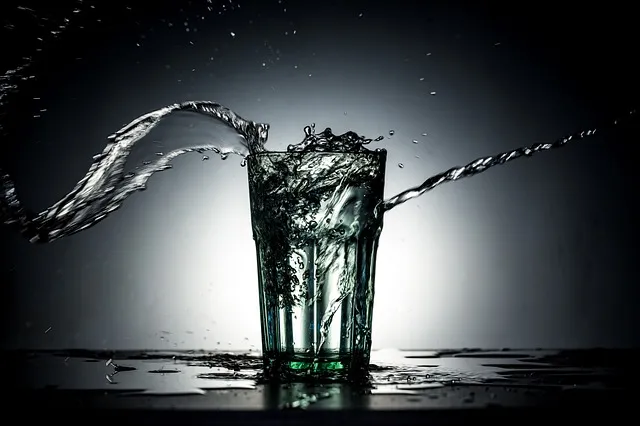It's in each living cell, tissue and organ, and it's second only to oxygen as the thing we require most to survive - unadulterated water. We can't survive without it, and we can't live well without enough of it. We are continually in need of water as we lose it with each breath we take and every movement of the body we make. We are particularly in danger of dehydration when we exercise or we are sick - this is when dehydration, even mild dehydration can take its toll, making you feel tired and depleted of energy. Anyone may become dehydrated, but young children, more senior adults and individuals with unending ailments are most at risk.
Dehydration happens when you lose more fluid than you consume. When your body doesn’t have enough water, it can’t work properly and it's better to prevent dehydration than to treat it. Lack of hydration can be associated with dizziness, weakness, muscle cramps, low blood-pressure and even spinal torment to name a few.

Here are some preventative tips to help avoid dehydration:
• Choose your beverages wisely. Avoid or limit the amount of fruit juices, fizzy drinks, alcohol and other high-sugar sports drinks.
• Drink a glass of water amid and between meals, and before, during and after any exercise.
• Plan outdoor activities for cooler parts of the day.
• Eat nourishments that are high in water content, for example vegetables and watery fruits.
• Make water your go-to drink of choice.
It is possible to consume too much water if you suffer from certain health conditions such as kidney, liver, heart or thyroid problems or if you're taking any medication that make you retain water, it is advisable to check with your doctor to be sure you are getting the correct amount of water.